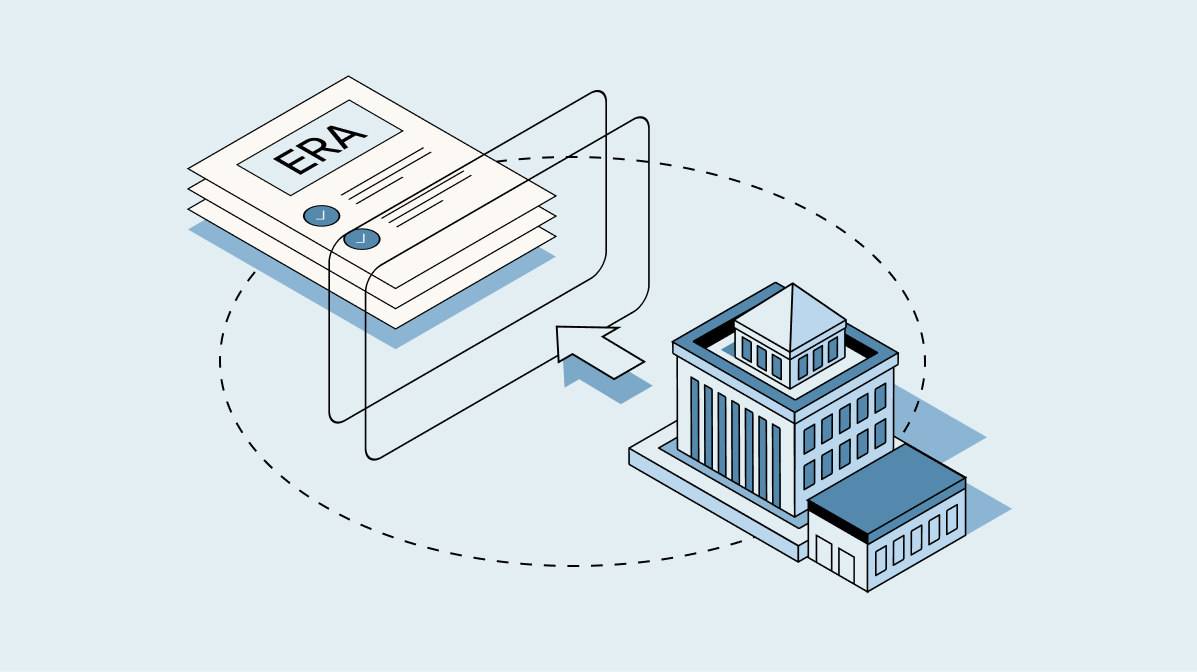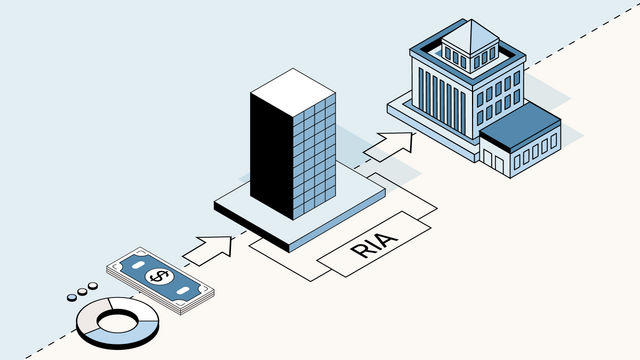What is an exempt reporting adviser (ERA)?
An exempt reporting adviser, or ERA, is a type of investment adviser that is not required to register with the U.S. Securities and Exchange Commission (SEC) or a state securities regulator as a registered investment adviser (RIA).
Learn more: Download Carta's VC regulatory playbook
What is an investment adviser?
An investment adviser is anyone who receives compensation for giving investment advice. Under the Investment Advisers Act of 1940, investment advisers must register with the SEC or with a state securities regulator unless they qualify for exemption. The size of the adviser’s assets under management (AUM) will determine whether the adviser will register with the SEC or a state regulator.
|
Size of assets under management by the adviser |
Regulated by |
|
Small adviser (less than $25M) |
State |
|
Mid-size adviser ($25M-110M) |
State or SEC |
|
Large adviser (more than $110M) |
SEC |
Advisers that would be required to register in 15 or more states can also register with the SEC regardless of AUM.
The Advisers Act provides numerous exemptions to registration. Most of the exemptions are for investment advisers who already fall under a separate reporting regime, such as advisers working for banks, insurance companies, and mutual funds.
Private fund exemptions: Exempt reporting advisers (ERAs)
Private fund advisers, including venture capital fund advisers, are considered investment advisers and must register with a securities regulator unless they meet the criteria for becoming an ERA.
To qualify as ERAs, investment advisers must meet the criteria for at least one of two exemptions: the venture capital adviser exemption or the private fund adviser exemption.
Venture capital adviser exemption
The venture capital adviser exemption is for fund managers who solely advise venture capital funds. Under this exemption, VC fund managers can raise an unlimited amount of capital and still remain exempt from registration with the SEC. However, the funds they manage must remain within the regulatory definition of a venture capital fund.
Definition of a venture capital fund: According to SEC regulations, a venture capital fund is one that:
-
Does not invest more than 20% of the fund’s committed capital in non-qualifying investments, such as debt, secondaries, public issuances, fund-of-fund investments, or digital assets
-
Restricts borrowing (and all other leverage) to no more than 15% of the fund size, and repays any leverage-related debt within 120 days
-
Limits LP redemption rights (the ability of investors to cash out of the fund) to “extraordinary circumstances”
-
Represents to investors that it pursues a venture capital strategy within these boundaries
Private fund adviser exemption
The second type of ERA exemption is for private fund advisers who solely advise private funds that amount to less than $150 million in total assets. Under this exemption, the funds don’t all have to be venture capital funds—they can be any type of private fund—but the adviser will have to register with the SEC as soon as their total assets under management (AUM) across funds exceeds $150 million.
How to file as an ERA
Advisers who meet the criteria for either the venture capital adviser exemption or the private fund adviser exemption can indicate their exempt status on Form ADV. Advisers can submit Form ADV electronically through FINRA’s Investment Adviser Registration Depository (IARD). (More information about how to file Form ADV is available on the SEC’s website.)
When to file Form ADV
Advisers have to file Form ADV within 60 days of selling securities. To remain compliant with securities regulations, advisers also have to update their filing annually, within 90 days of the close of their fiscal year.
Fees for filing Form ADV
Fees for filing Form ADV vary for registered investment advisers, but ERAs pay a flat fee of $150 via IARD. ERAs are not required to pay fees to update their filings.
Small ERAs and Form ADV
In October 2023, the SEC issued guidance clarifying that to make a notice filing as an ERA using Form ADV, a fund must first qualify for registration.
To qualify for SEC registration, a fund adviser must either:
-
Manage more than $25M in AUM
-
Sell securities in 15 or more states
The SEC’s new guidance clarifies that private fund advisers who otherwise meet the venture capital or private fund adviser exemption will not be able to file as an ERA with the SEC if they have under $25 million in AUM unless they operate in 15 or more states.
Small advisers operating in fewer than 15 states must look to the state of their primary place of business to determine whether there is any private fund exemption and whether any filing requirements apply. Many states have adopted private fund adviser exemptions that mirror the federal requirements.
The SEC has oversight over all investment advisers, so fiduciary duties and Advisers Act obligations under Section 206 that currently apply to ERAs will continue to apply even if the fund manager is no longer able to file as an ERA with the SEC. This also includes the new obligations under the private fund adviser rule, where the SEC explicitly stated there was no issue with NSMIA in applying these rules to unregistered and state-registered private fund advisers.
Exempt reporting adviser compliance requirements
While ERAs are exempt from registration and the related RIA requirements, they’re not exempt from SEC examination and must still report basic information to the SEC and the states where they do business on Form ADV.
Investment Adviser Act obligations
Federal ERAs: ERAs must still comply with other Advisers Act provisions. For example, ERAs are subject to the new preferential treatment rule under the private fund adviser rules.
State-registered advisers: The compliance obligations that apply to federal ERAs will still apply to unregistered or state-registered private fund advisers (including small private fund advisers who may not have any filing requirements).
For a more complete understanding of ERA compliance requirements, download the Carta VC regulatory playbook.
Download the VC regulatory playbook
Fill out the form below to download the Carta VC regulatory playbook, an end-to-end resource for understanding the basics in venture capital regulation.



